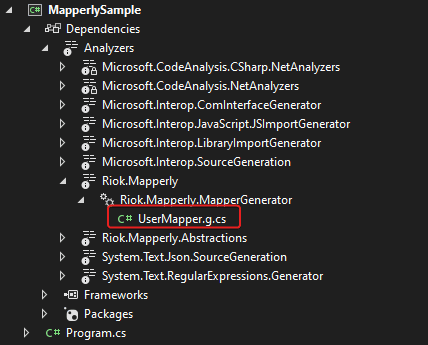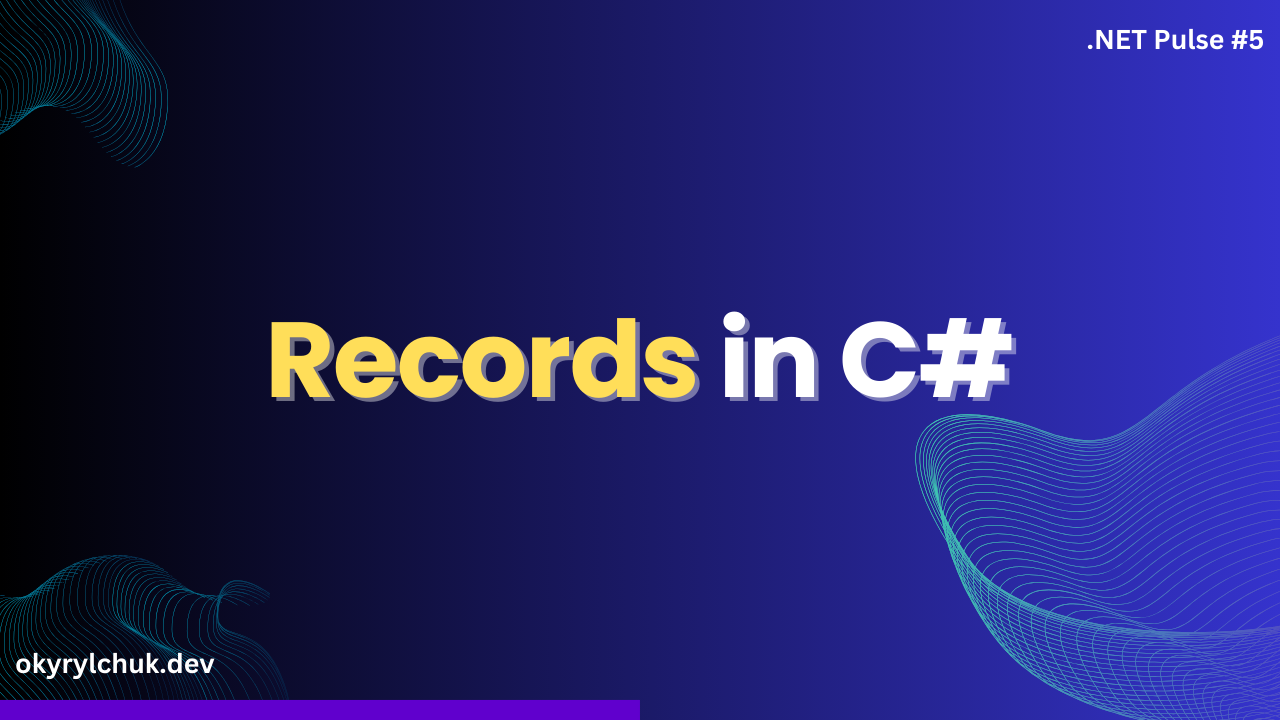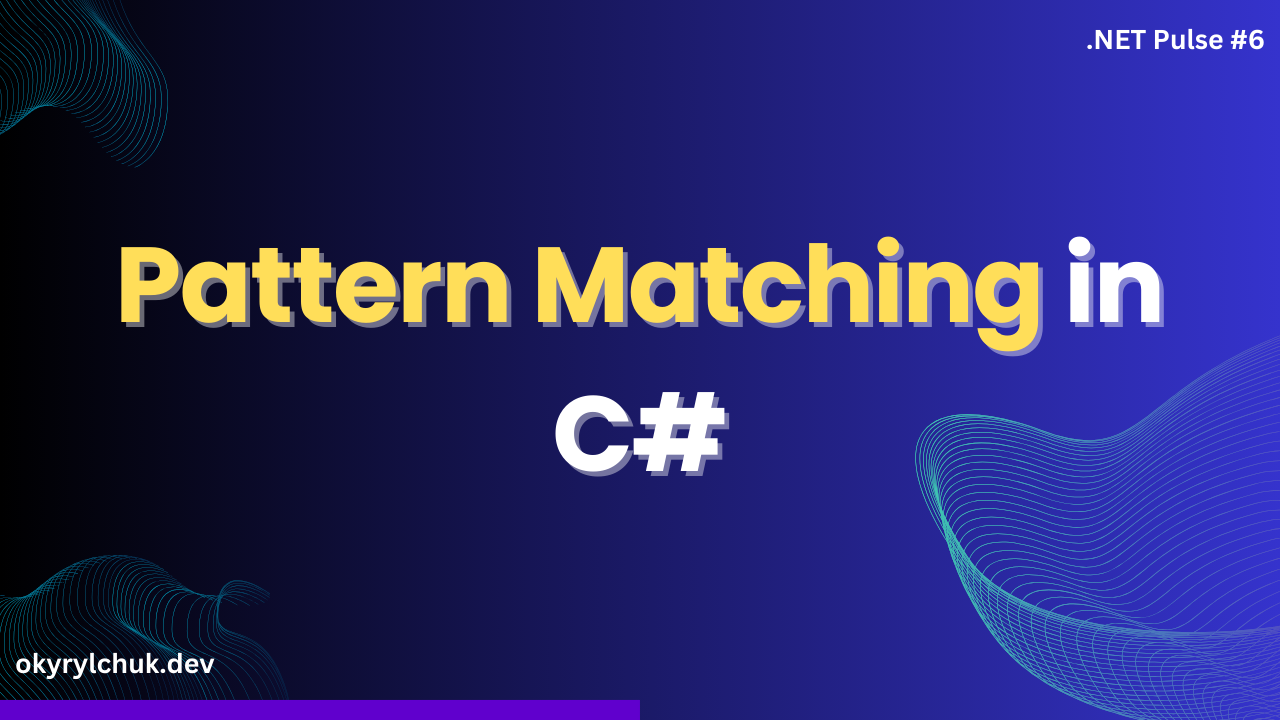In the world of .NET development, object mapping has long been a necessary but often cumbersome task. Developers traditionally rely on runtime reflection-based libraries, which have performance overhead and potential runtime errors.
I prefer to write object mappers manually. It’s more readable and more efficient. Can we level up the manual mapping and automate it?
Meet Mapperly, a game-changing source generator transforming how we approach object mapping in .NET applications.
What is Mapperly?
Mapperlyis a .NET source generator for generating object mappings. It leverages source generation to create efficient, type-safe mapping code at compile time.
A source generator in C# is a powerful compile-time code generation feature introduced in .NET 5 that allows you to generate additional source code during compilation.
Getting Started with Mapperly
To start, you need to install Riok.Mapperly NuGet package.
Package Manager:
Install-Package Riok.MapperlyCLI:
dotnet add package Riok.MapperlyLet’s create a simple class User and corresponding DTO.
public class User
{
public int Id { get; set; }
public string Name { get; set; }
public string Email { get; set; }
}
public class UserDto
{
public int Id { get; set; }
public string Name { get; set; }
public string Email { get; set; }
}The mapper declaration:
[Mapper]
public partial class UserMapper
{
public partial UserDto ToDto(User car);
}You only need to add the Mapper attribute to your mapper, which must be partial with partial methods.
The mapper usage:
[Fact]
public void UserMapperTest()
{
User user = new()
{
Id = 1,
Name = "Oleg",
Email = "me@okyrylchuk.dev"
};
UserMapper userMapper = new();
UserDto userDto = userMapper.ToDto(user);
Assert.Equal(user.Id, userDto.Id);
Assert.Equal(user.Name, userDto.Name);
Assert.Equal(user.Email, userDto.Email);
}Generated Code
As you can see, creating a mapper with Mapperly is super easy.
When you compile the code, Mapperly will generate a mapper for you. You can find it in the Dependencies/Analyzers/Riok.Mapperly/Riok.Mapperly.MapperGenerator in your project.

The generated code looks like the following:
public partial class UserMapper
{
[global::System.CodeDom.Compiler.GeneratedCode("Riok.Mapperly", "4.1.1.0")]
public partial global::UserDto? ToDto(global::User? car)
{
if (car == null)
return default;
var target = new global::UserDto();
target.Id = car.Id;
target.Name = car.Name;
target.Email = car.Email;
return target;
}
}Advanced Mapping Scenarios
Mapperly supports various mapping scenarios:
Custom Property Mapping
If you have custom properties to map, you can use the MapProperty attribute. For example, if we add the Contact class with the Phone property to User class and we want to map it to the flattened Phone property in the UserDto:
public partial class UserMapper
{
[MapProperty(nameof(User.Contact.Phone), nameof(UserDto.Phone))]
public partial UserDto ToDto(User car);
}Deep Cloning
By default, Mapperly doesn’t do a deep copy for performance reasons. You have to enable it:
[Mapper(UseDeepCloning = true)]
public partial class UserMapper
{
public partial UserDto ToDto(User car);
}Ignore Properties
You can ignore properties with MapperIgnore attribute:
public class User
{
[MapperIgnore]
public int Id { get; set; }
public string Name { get; set; }
public string Email { get; set; }
}Mapperly is very flexible for advanced scenarios. To learn more about Mapperly features, visit the documentation page.
Mapperly Key Advantages
- Compile-Time Code Generation Unlike reflection-based mappers, Mapperly generates mapping code during compilation. This approach eliminates runtime overhead and provides instant performance benefits without additional configuration.
- Type Safety Mapperly catches mapping errors at compile-time, preventing potential runtime exceptions. During the build process, you get immediate feedback about mismatched or incorrectly mapped properties.
- Zero Runtime Overhead The generated mapping code is as performant as manually written mapping logic. There’s no runtime penalty for using Mapperly, making it an excellent choice for performance-critical applications.
Conclusion
Mapperly is an excellent source generator for creating mappers for your objects.
Mapperly represents a significant leap forward in .NET object mapping. It prioritizes compile-time safety and performance to address many longstanding challenges in object transformation.
However, it’s not a silver bullet. Mapperly is less advanced in configuration than some reflection-based mappers.
Always consider trade-offs and perform benchmarks for your use cases. In many cases, manual object mapping is enough.
P.S. You can learn more about how source generators can leverage your code from my previous posts:

